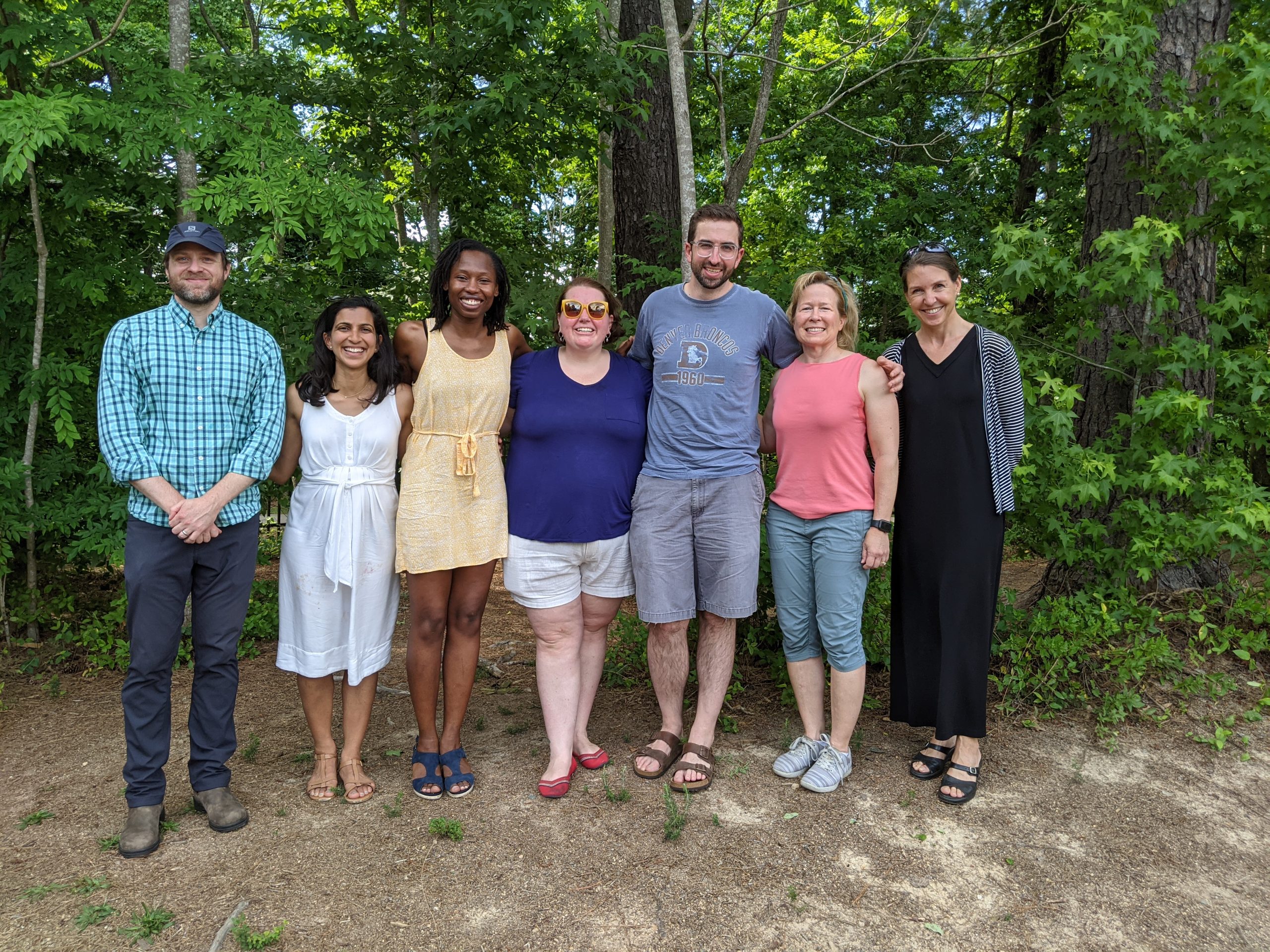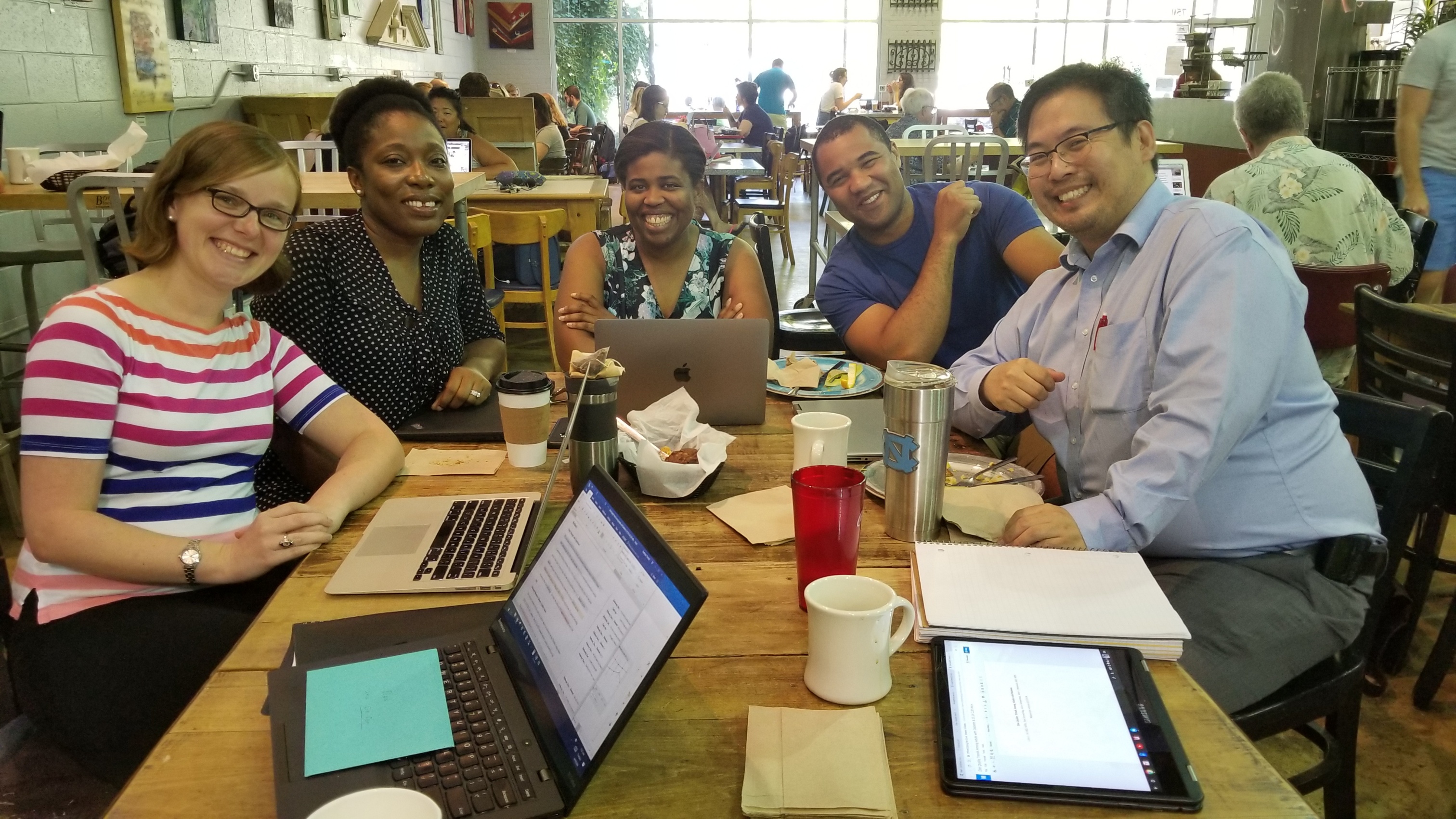Program Details
Fellowship Curriculum
Fellows complete an MPH or PhD in Population Health, Maternal and Child Health, Health Policy and Management, Epidemiology, or a related discipline in UNC’s Gillings School of Global Public Health. Fellows complete and publish several significant research projects and present their work at national meetings. First and second year fellows are expected to participate in seminars and courses offered by the School of Medicine’s NC TraCS Training and Career Development emphasizing research methods, decision sciences, professional writing, research grant preparation, and professional development.
Primary care fellows also participate in regular seminars where they receive feedback from peers and faculty on their current research ideas, proposals, project methodological approaches, papers and presentations. Other fellowship programs at UNC provide opportunities for interaction and collaboration. In their final year fellows are expected to apply for academic appointments and seek independent grant funding to help them transition into their first faculty positions.
Advisors and Mentors
The program director and one of the program’s associate-directors advise each fellow. During the first three months, fellows identify a research mentor with whom they participate on an initial research project during the first year. Other mentors and faculty advisors are added as new projects are undertaken.
Clinical Work/Teaching
Fellows are expected to maintain their clinical skills and strengthen teaching skills. Clinical work is generally two to three half-days per week. Additional clinical work and teaching duties are negotiable but may not interfere with fellows’ research development.
Resources
The fellowship utilizes the facilities of the Cecil G. Sheps Center for Health Services Research, a multidisciplinary research unit of The University of North Carolina. The Center’s most valuable resource is the many faculty, fellows, and staff that create a dynamic interdisciplinary environment that focuses on studies of timely policy-relevant health care services questions. The Sheps Center and clinical departments provide logistical support for fellows – workspace, computers, library services, and administrative assistance.
Financial Support
Stipend levels, set by the federal NRSA program, are based upon fellows’ years of relevant post-doctoral training and experience. The program pays tuition and fees for classes in UNC’s School of Public Health and other schools on campus. Funds are also provided for travel and expenses, educational supplies, and some research expenses.
Note: There is a federal payback provision for fellows who do not complete at least two years of fellowship training.


You must be logged in to post a comment.